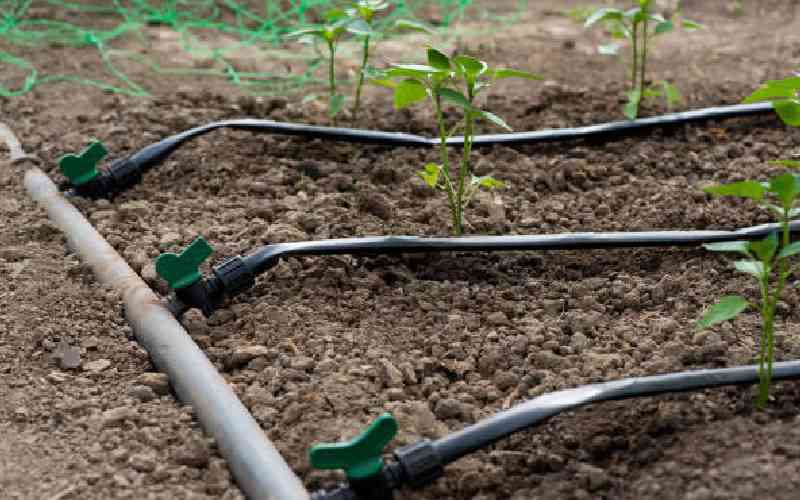×
The Standard e-Paper
Stay Informed, Even Offline

The government has prohibited irrigation farming and all activities along rivers in Embu and Kirinyaga counties through their respective water regulatory agencies.
Residents of Mbeere South in Embu county complained after three permanent rivers, Thiba, Nyamindi, and Rupingazi, went dry for the first time in history.